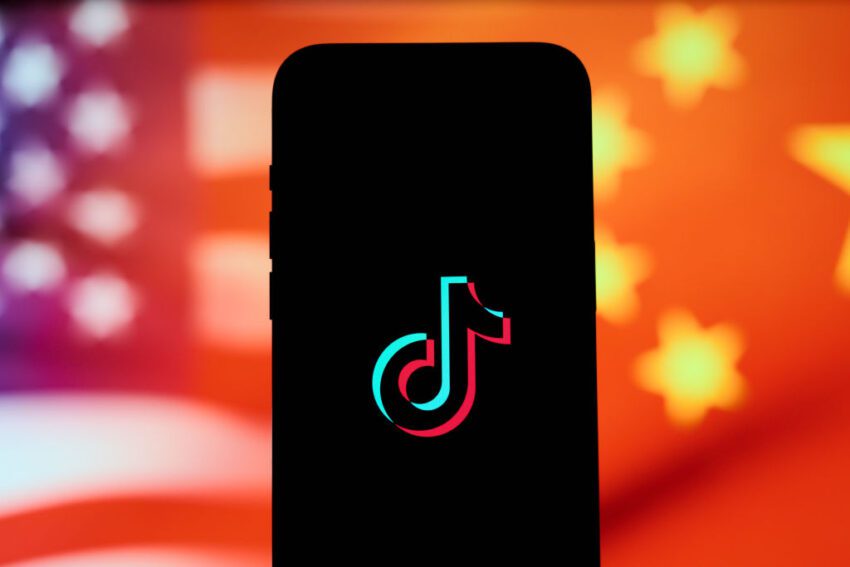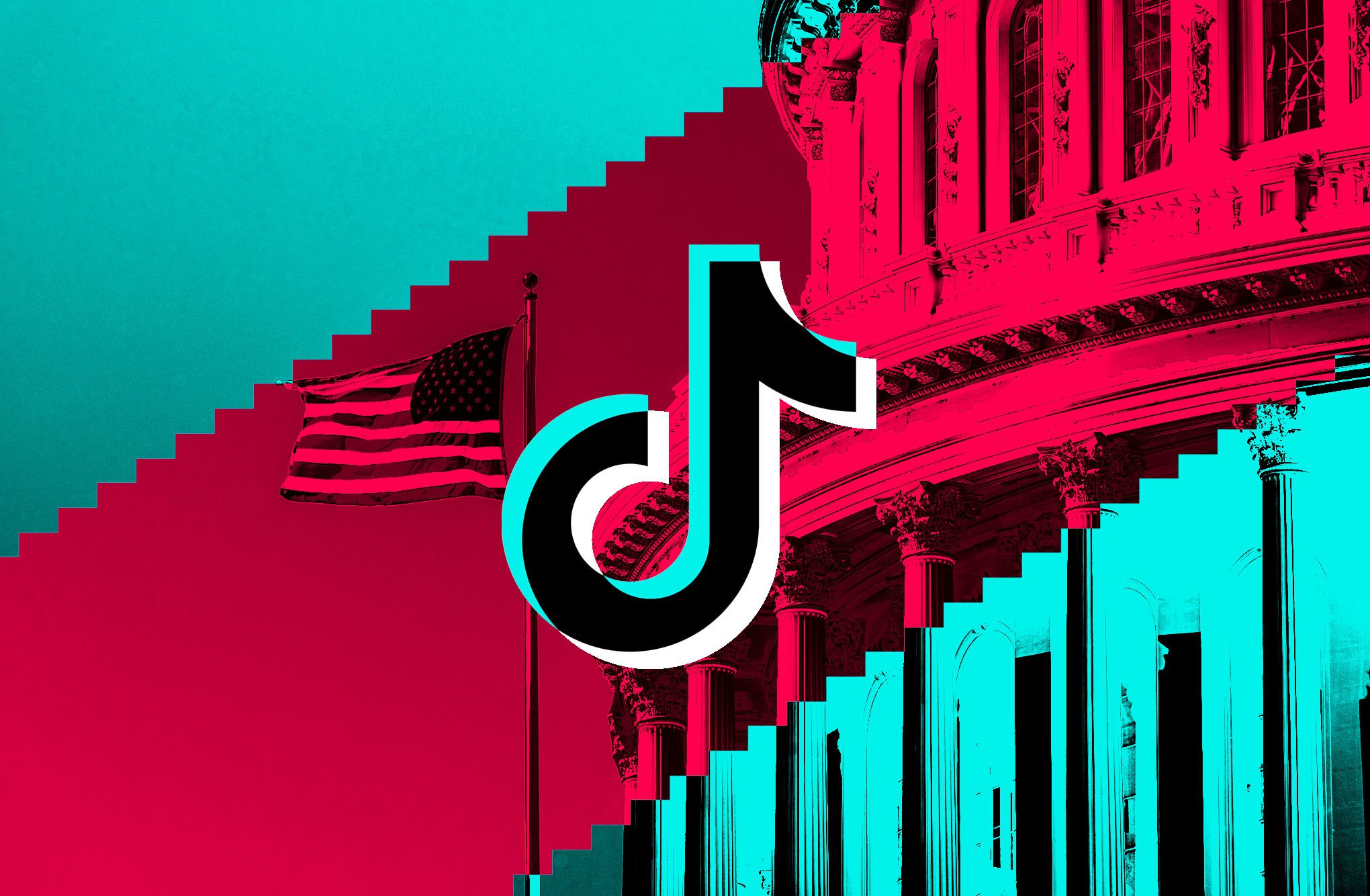
trump and bytedance tout tiktok deal approval The ongoing negotiations between the United States and ByteDance regarding TikTok’s operations in the U.S. have reached a significant milestone, as both parties have announced an approval of a deal aimed at securing the platform’s future in the country.
trump and bytedance tout tiktok deal approval
Background of the TikTok Controversy
Since its rise to popularity, TikTok has faced scrutiny from U.S. lawmakers and government officials over national security concerns. The app, which allows users to create and share short-form videos, is owned by the Chinese company ByteDance. The primary concern revolves around the potential for user data to be accessed by the Chinese government, raising fears of espionage and data privacy violations.
In January 2025, the U.S. government took a decisive step by imposing a ban on TikTok, citing these national security concerns. This move was part of a broader trend where various countries have scrutinized Chinese technology firms, leading to a global conversation about data privacy and security in the digital age. The ban prompted immediate backlash from users, content creators, and businesses that rely on the platform for marketing and engagement.
Negotiations Between the U.S. and ByteDance
In the wake of the ban, discussions between U.S. officials and ByteDance intensified. The goal was to find a solution that would allow TikTok to continue operating in the U.S. while addressing the security concerns raised by the government. These negotiations have been characterized by a series of proposals and counterproposals, with both sides seeking a compromise that would satisfy regulatory requirements without stifling the app’s popularity.
Key Players Involved
Several key stakeholders have played pivotal roles in these negotiations. On the U.S. side, government officials from various departments, including the Department of Commerce and the Federal Trade Commission, have been involved in discussions. Meanwhile, ByteDance has been represented by its executives, who have worked to reassure U.S. officials about the company’s commitment to user privacy and data security.
Former President Donald Trump has also been a vocal advocate for a resolution that would allow TikTok to continue operating in the U.S. His administration had previously attempted to force a sale of TikTok’s U.S. operations to an American company, a move that was met with legal challenges and public outcry. Trump’s involvement in the current negotiations signals the importance of TikTok to the political landscape, especially given its popularity among younger voters.
Details of the Approved Deal
While the announcement of the deal approval has generated excitement, specific details about the agreement remain unclear. Both Trump and ByteDance have touted the deal as a significant step forward, but they have not disclosed the terms or conditions that will govern TikTok’s operations in the U.S.
Industry experts speculate that the deal may involve enhanced data security measures, including the establishment of data centers within the U.S. to store user information locally. This would address concerns about data being accessed by foreign entities while allowing TikTok to maintain its user base in the country.
Implications for Users and Content Creators
The approval of this deal has significant implications for TikTok’s millions of users and content creators in the U.S. The platform has become a vital space for creative expression, marketing, and social interaction. A ban would have disrupted the livelihoods of many influencers and businesses that rely on TikTok for engagement and revenue generation.
With the deal in place, users can expect a continued flow of content and innovation from the platform. However, they may also face changes in terms of privacy policies and data management practices. As TikTok navigates the regulatory landscape, users must remain vigilant about how their data is handled and what measures are in place to protect their privacy.
Reactions from Stakeholders
The announcement of the deal approval has elicited a range of reactions from various stakeholders. Supporters of TikTok, including content creators and businesses, have expressed relief at the news, viewing it as a victory for digital creativity and expression. Many influencers have built substantial followings on the platform, and the prospect of losing access to their primary audience was a significant concern.
On the other hand, critics of the deal argue that it may not adequately address the underlying national security concerns. Some lawmakers have called for greater transparency regarding the terms of the agreement, emphasizing the need for robust safeguards to protect user data. The debate surrounding TikTok’s operations in the U.S. is likely to continue as more information about the deal emerges.
Future of TikTok in the U.S.
The future of TikTok in the U.S. hinges on the successful implementation of the approved deal and the ongoing negotiations between ByteDance and U.S. regulators. As the platform continues to evolve, it will be essential for ByteDance to demonstrate its commitment to user privacy and data security. This may involve regular audits, compliance with U.S. regulations, and transparent communication with users about data practices.
Moreover, the outcome of this deal could set a precedent for how other foreign technology companies navigate regulatory challenges in the U.S. The scrutiny faced by TikTok may prompt similar reviews of other apps and platforms, leading to a more comprehensive approach to data privacy and security in the digital landscape.
Conclusion
The approval of a deal between the U.S. government and ByteDance represents a pivotal moment for TikTok and its users. While the specifics of the agreement remain undisclosed, the potential for TikTok to continue operating in the U.S. brings a sense of relief to millions who rely on the platform for creative expression and connection. As discussions continue and details emerge, the implications of this deal will be closely watched by stakeholders across the digital landscape.
Source: Original report
Was this helpful?
Last Modified: September 19, 2025 at 10:44 pm
0 views















